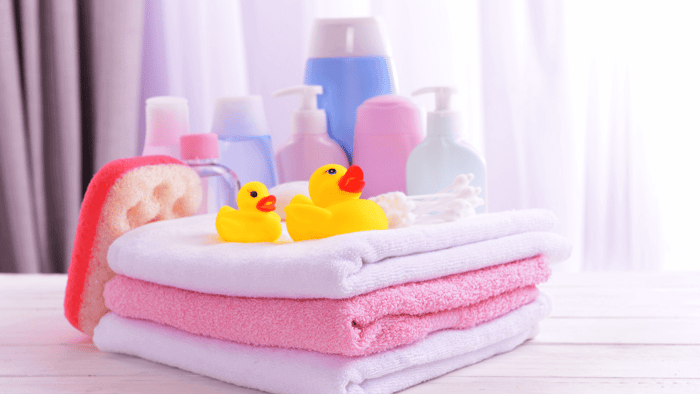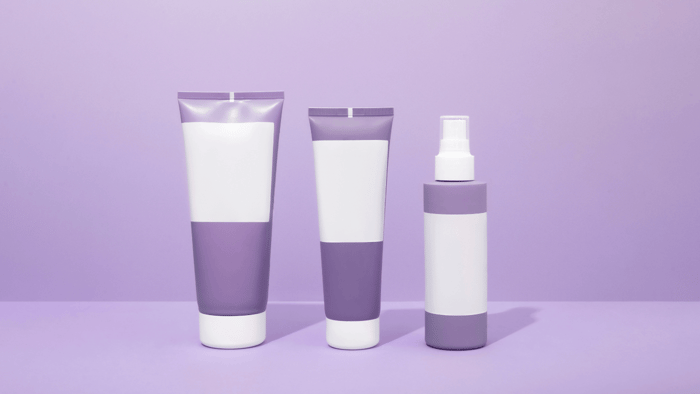Fragrance oils are a must-have ingredient for candle and wax melt makers, soap & perfume creators, and home fragrance enthusiasts. Whether you’re a seasoned crafter or just starting your journey into the world of scents, you likely have questions about fragrance oils and how to use them effectively. In this blog, we’ll tackle some of the most common Frequently Asked Questions, helping you get the best out of your creations.
1. What Are Fragrance Oils?
Fragrance oils are concentrated liquid blends of synthetic and natural aroma compounds used to create scents in candles, wax melts, soaps, cosmetics, and home fragrance products. Unlike essential oils, which are derived solely from plants, fragrance oils can be formulated to replicate almost any scent, from fresh-baked cookies to designer perfumes.
2. Are Fragrance Oils the Same as Essential Oils?
No, fragrance oils and essential oils are different. Essential oils are extracted directly from plants and contain therapeutic properties, whereas fragrance oils are created using a mix of natural and synthetic ingredients to provide a stable and long-lasting scent. Fragrance oils offer a broader scent range and better performance in certain applications, such as candles and wax melts.
3. Are Fragrance Oils Safe to Use?
Yes, when used correctly and following safety guidelines, fragrance oils are safe for use in home and cosmetic applications. Always check IFRA (International Fragrance Association) guidelines to determine the appropriate usage rates for different applications. It’s also essential to use skin-safe oils in products like lotions and body sprays.
4. How Much Fragrance Oil Should I Use in My Products?
The correct usage rate depends on the product you’re making.
Our premium fragrance oils are high-quality, undiluted, strong and long-lasting so a little really does go a long way!
Suggested Usage:
Home Fragrance
Candles, up to 10%
Wax Melts, up to 10%
Reed Diffusers, between 15% - 25%
Room Sprays, Linen Sprays, up to 5%
Carpet Freshener, up to 2%
Bath & Body Products and Cosmetics
Melt & Pour Soap, Cold Process Soap, Whipped Soap, Soap Sponges, Bath Bombs, Body Scrub/Polish, Shampoo, Conditioner, up to 3%
Liquid Soap, Body Butter, Beard Oil, up to 1%
Perfume
Parfum, between 20-40%
Eau de Parfum, between 15-20%
Eau de Toilette, between 5-15%
Eau de Cologne, between 2-5%
Please note that the percentages above are simply suggestions and that you should refer the IFRA for each specific fragrance oil for the safe usage levels and confirmation of suitability for a particular application. We strongly recommend that you thoroughly test to ensure the suitability of a fragrance oil in a particular application before commencing batch production.
5. How Do I Get a Stronger Scent in My Candles?
If your candles aren’t throwing scent as strongly as you’d like, try these tips:
Use the correct fragrance load for your wax type.
Ensure your wax and fragrance oil are mixed at the right temperature (usually between 60-70°C, depending on the wax).
Cure your candles for at least 1-2 weeks to allow the fragrance to bind properly (if using soy wax).
Use high-quality wicks that suit your candle size and wax type.
Test different fragrance oils, as some naturally have stronger scent throws.
6. Can I Mix Fragrance Oils Together?
Absolutely! Blending fragrance oils allows you to create custom scents unique to your brand. However, keep these points in mind:
Always test blends in small batches before scaling up.
Ensure the total fragrance load remains within safe usage limits.
If selling or gifting products, you’ll need to get new CLP (Classification, Labelling, and Packaging) documentation for your custom blend.
7. Why Does My Fragrance Oil Smell Different in the Finished Product?
Fragrance oils can change slightly when exposed to heat, different waxes, or other ingredients. Some factors that affect the final scent include:
Interaction with wax, soap bases, or carrier oils
Curing time (especially in candles and soap-making)
Fragrance concentration and application method
Storage conditions – keeping oils in a cool, dark place maintains their integrity
8. How Should I Store Fragrance Oils?
To maintain the longevity and quality of your oils:
Store them in a cool, dry place away from direct sunlight.
Keep bottles tightly sealed to prevent oxidation.
Use dark glass, HPDE or PET plastic bottles to protect against UV light.
Avoid exposing oils to extreme temperature changes.
9. Do Fragrance Oils Expire?
Yes, fragrance oils have a shelf life, our manufacturer has confirmed this as 24 months. Over time, the scent strength may weaken, or the oil may change colour. Proper storage can help extend their lifespan. Fragrance oils are safe to use after the 24-month mark, however, performance may be affected and therefore we recommend testing thoroughly before commencing batch production.
10. Can Fragrance Oils Be Used in Skincare Products?
Not all fragrance oils are skin-safe, so always check IFRA usage guidelines and supplier recommendations. We provide a copy of the IFRA conformity certificate on the product page for each of our oils so that you can check suitability in a particular application before commencing production.
11. Can I Use Fragrance Oils in an Electric Diffuser?
Some oils work in electric diffusers when mixed with a suitable base, such as distilled water or carrier oil. However, they are not the same as essential oils, and some diffuser types may not be compatible. We would therefore discourage this unless the oils specifically state that they are suitable for use in an electric diffuser.
12. Are There Any Fragrance Oils That Perform Better Than Others?
Yes, some oils naturally have a stronger scent throw due to their composition. Oils with high levels of citrus, spices, or woody notes tend to be more potent in wax and home fragrance applications. It is always recommended that you test scents thoroughly as part of the testing process. This is to ensure you are happy with the strength and longevity of a particular fragrance oil before commencing batch production.
13. Why Does My Fragrance Oil Discolour My Soap or Candles?
Some oils contain vanillin or other components that can cause discolouration, especially in white or light-coloured products. To minimise discolouration:
Use a stabiliser (for soaps and candles).
Choose non-discolouring fragrance oils (fragrance oils that do not contain vanillin).
Embrace the colour change as part of your design!
14. Can I Use Fragrance Oils in Food or Drinks?
No, fragrance oils are not safe for consumption. Even if a scent mimics food aromas, they are for external use only.
15. Where Can I Buy High-Quality Fragrance Oils?
When purchasing oils, choose a reputable supplier that provides:
High-quality, premium undiluted oils
Detailed IFRA documentation (including SDS / Allergen Declaration & CLP templates)
A wide selection of fragrance oils
Excellent customer service
Final Thoughts
Fragrance oils open up endless possibilities for creating beautifully scented products, but understanding how to use them effectively is key to success. Whether you're a candle maker, soap artisan, or home fragrance enthusiast, knowing the answers to these common FAQs will help you get the best results from your creations.
Do you have any other questions about fragrance oils? Join our House of Scent Facebook Community and connect with other makers to share tips, advice, and inspiration!

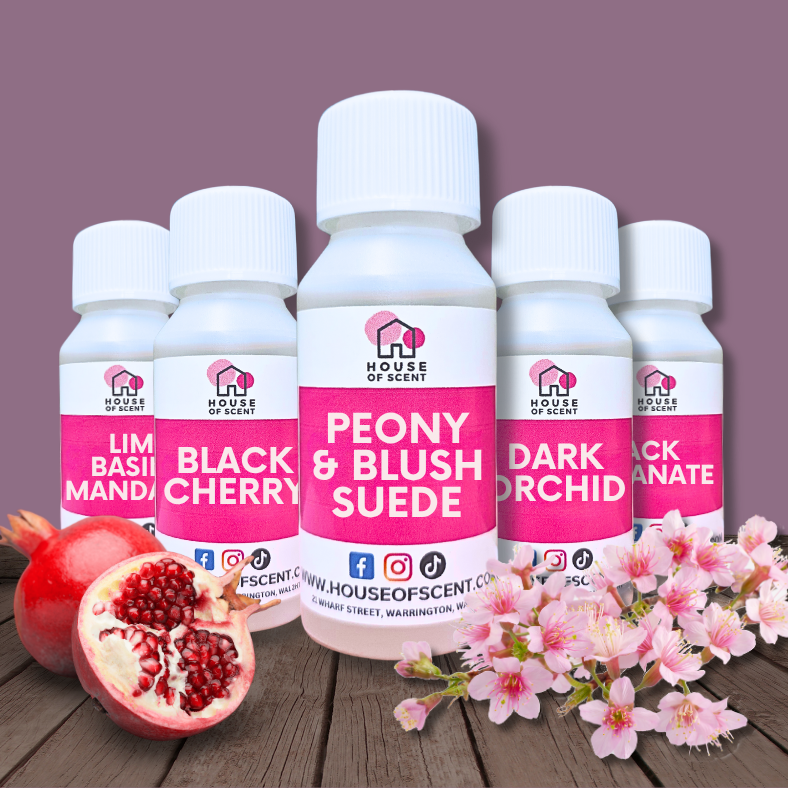

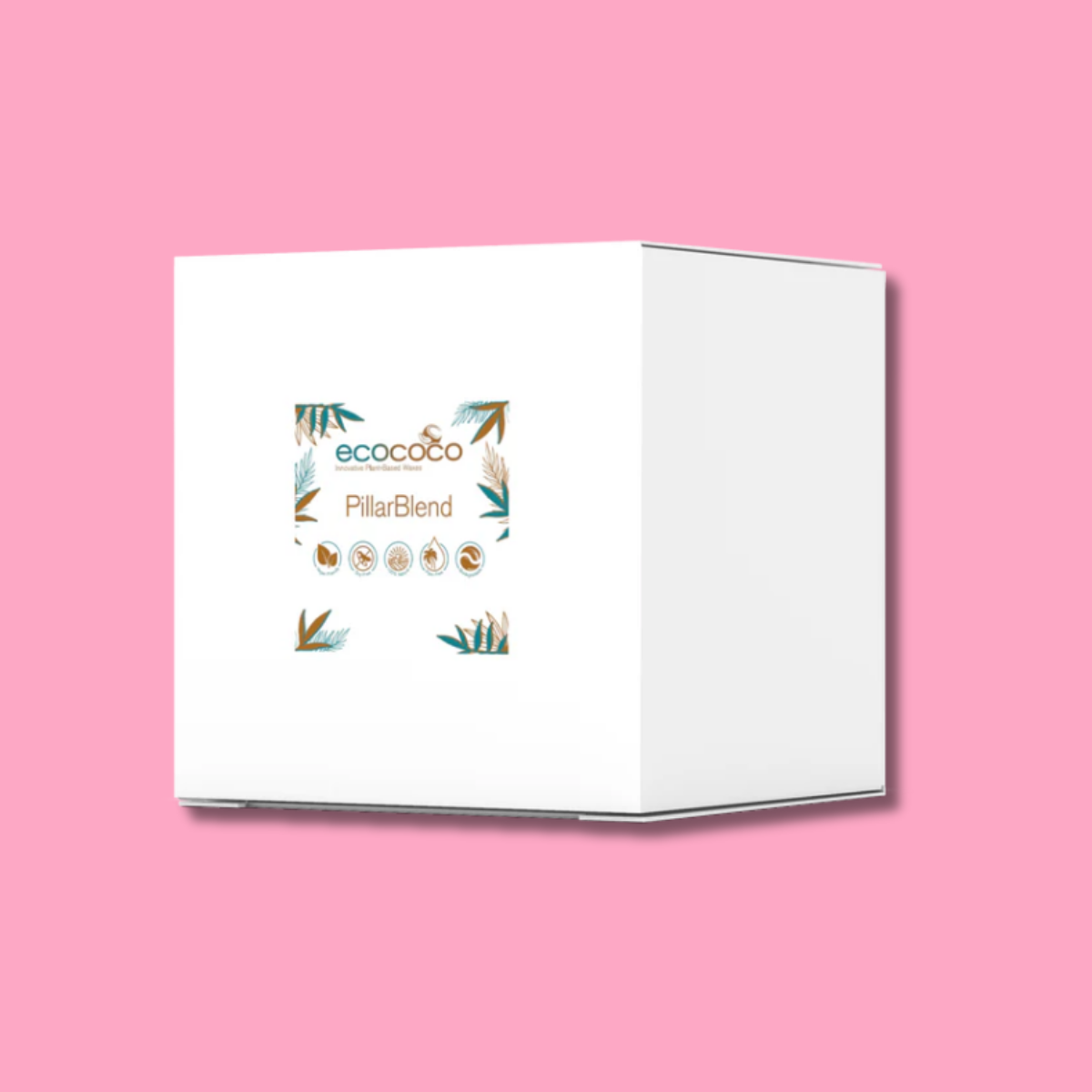
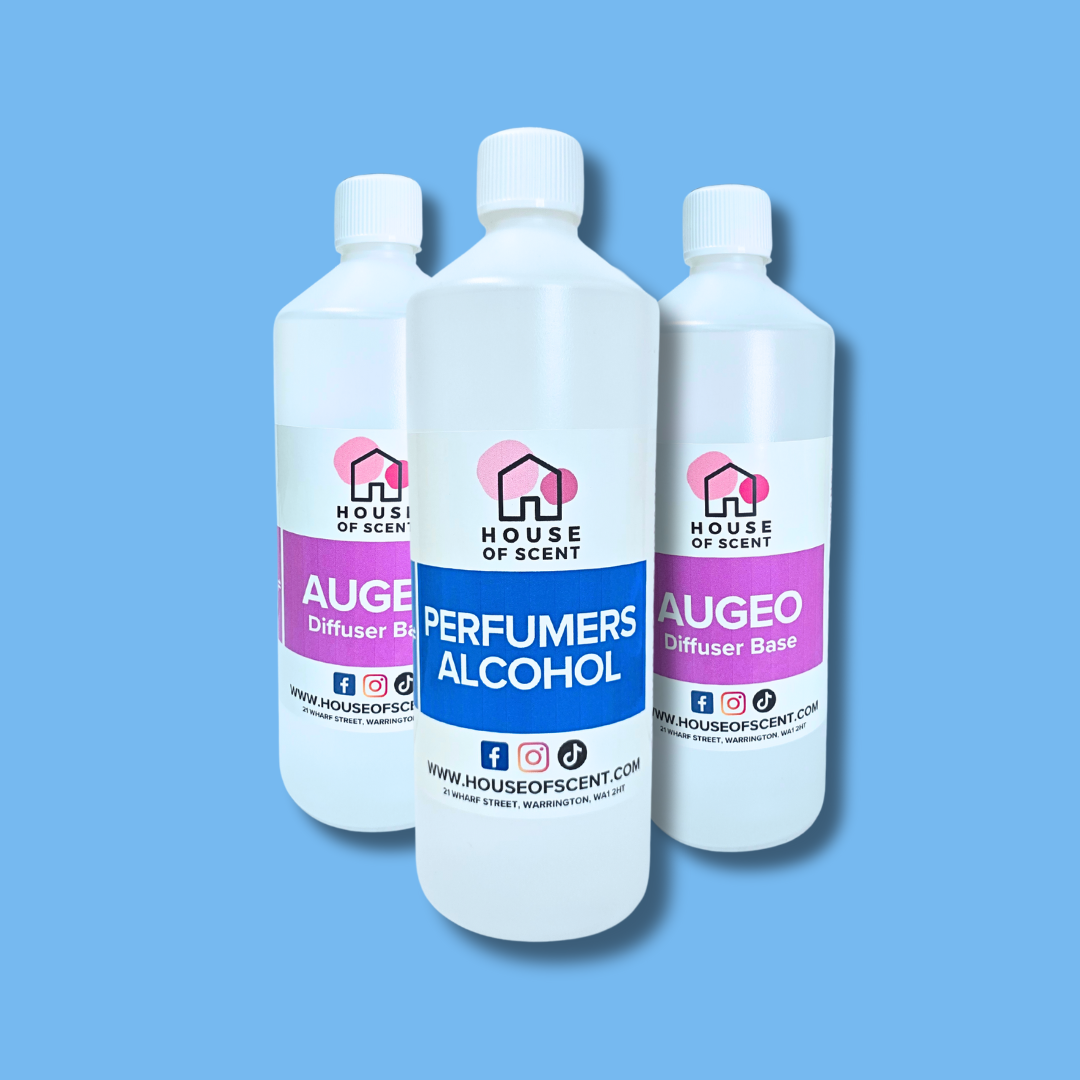
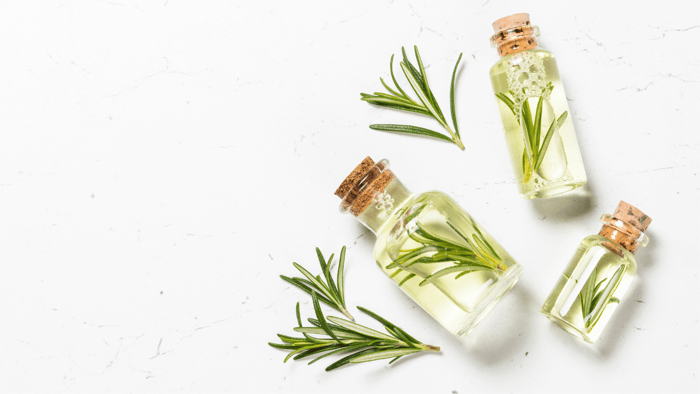
.jpg)

